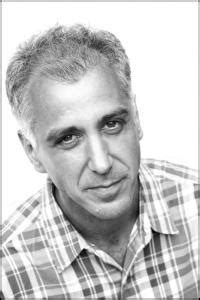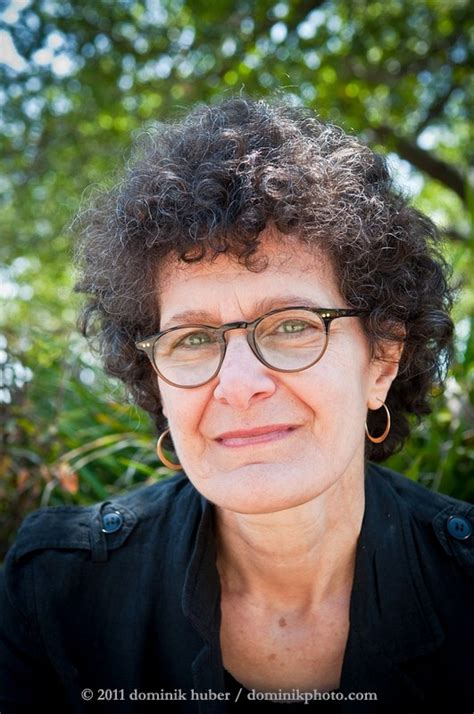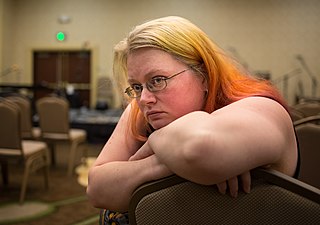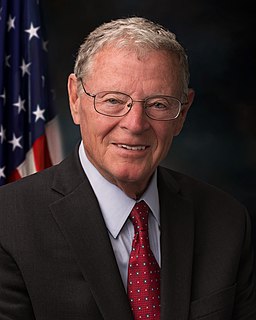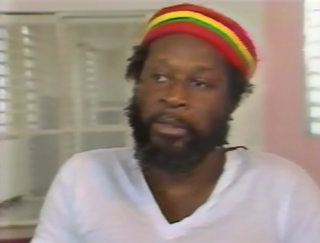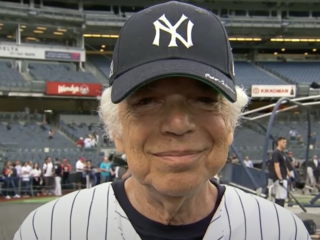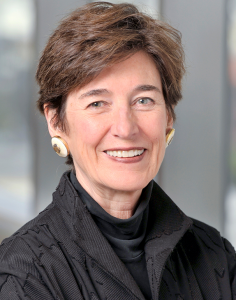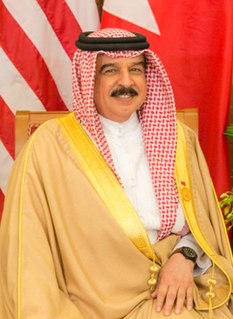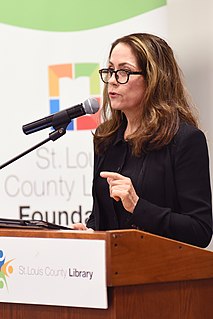A Quote by Adam Braver
My sense, and I'm sort of guessing, is that the journalists were being classified by the government as common criminals, and the political prisoners were so resistant to being that. Always keeping [the other prisoners] as murderers, thieves, that sort of thing, which has a certain irony to it, I guess. It's a curious thing.
Related Quotes
Of course, no state accepts [that it should call] the people it is imprisoning or detaining for political reasons, political prisoners. They don't call them political prisoners in China, they don't call them political prisoners in Azerbaijan and they don't call them political prisoners in the United States, U.K. or Sweden; it is absolutely intolerable to have that kind of self-perception.
There are several dozen political prisoners in Russia. When I cite that number people are often very surprised. They often think there are more. Well - there are hundreds of thousands of people who haven't had a fair trial, who are victims of the political system. But in the Amnesty International sense of the word, most of them are not political prisoners because they are not going to prison for protesting.
I'm first generation American, and my parents were both from Nigeria. And so I always say that I'm literally an African American. So my last name is Famuyiwa, it's different. And so that was a part of my experience from people not being able to pronounce it to not sort of having sort of a shared, common history with a lot of the kids that I was growing up with because my parents were from Africa.
When I worked with General Electric, again this was soon after the Second World War, you know, I was keeping up with new developments and they showed me a milling machine and this thing worked by punch cards - that's where computers were at that time, and everybody was sort of sheepish about how well this thing worked because in those days machinists were treated as though they were great musicians because they were virtuosos on these machines.
Every time we sign a treaty with another country, the treaty (should) include prisoner transfer provisions.... Under these provisions, the country in which the crimes were committed could demand that the convicts' country of origin incarcerate the prisoners for the terms to which they were sentenced.... Foreign felons in U.S. prisons are exacerbating out budget and law enforcement problems.... We will never get countries to take back their prisoners unless we have some leverage. NAFTA gives us that opportunity.
Both my parents were agnostic. My mother was kind of a Buddhist. She had some spiritual tendencies, but they were kind of flaky - New Agey, you know? Which is partly why I'm suspicious of that sort of thing. I'm skeptical of any spiritual practice that doesn't involve other people and doesn't involve some sort of consistent tradition.
In the course of my movies, the financing and the releasing were always the tough part. Because I loved the creative, I loved the writing, I loved the making of it. Because I guess, I never had the giant blockbuster, I never got that sort of ease for the next one. So the next one was always, "how am I going to do this?" And that thing was sort of always the thing that made me a little chickenshit to go into the next one. The writing of it was great and the making of it was great, but how am I going to release this thing and am I going to find a studio?
